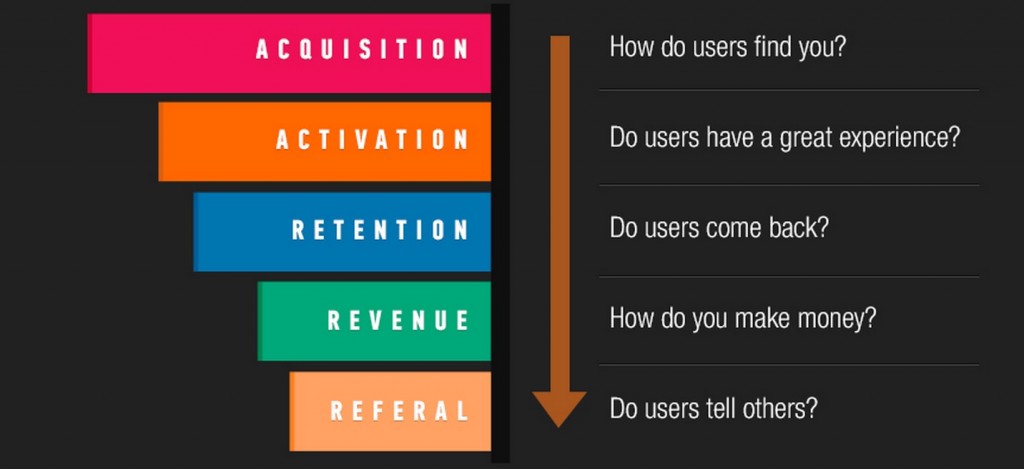Blog
Is “growth hacking” the new marketing ? By Roald Sieberath co-founder of CoEntrepreneurs initiative
Posté le 23/05/2014
Watch out for the shiny new word
If you’re like me, and hear a lot of entrepreneurs pitching their startup ideas, you probably couldn’t help but notice (yet) another new term cropping up in startup lingo.
“Susan will do the coding, and Mark will take care of growth hacking”.
I am a big fan of growth hacking, and believe that it definitely should be part of every startup’s tool chest. What I find disturbing is that some people start to use it as synonymous with “marketing”.
It is not just “the new marketing”
Growth hacking clearly invokes the hacker spirit: it leverages a deep technical knowledge, the ability to move pieces of the application around to test hypotheses, a mindset that is both creative and grounded in numbers to draw conclusions based on experiments.
AirBnB is the poster child of this extremely fast growth : by hacking the Craigslist website (without an API), they allowed everyone posting a rental offer on AirBnB to easily cross-post to the millions of viewers of Craigslist. Or by doing some data mining on their conversion numbers, they were able to discover that those with professional-looking pictures were booking much faster (and then decide to offer a pro photo shoot service to boost rentals).
Note also that any new “trick” will soon become copied and lose its edge, a true hacker needs to keep inventing new and fresh solutions for growth.
Don’t bet the farm on a fad
So, some “miracle stories” (by AirBnB, Dropbox, Twitter, et al.) have drawn entrepreneurs to become followers of the cult of “growth hacking”.
But you still need to take care of things in the right order: first make sure that your UX (user experience) doesn’t suck, or people won’t get past the first screens, even with all the growth mojo in the world.
Proper business development will still get you a long way: getting distribution for your product / service through a sound partnership will probably get you further than tweaking details on your home page.
Know your funnel, pick the right metric(s), experiment!
As a growth hacker you should know your user funnel inside-out, and have the right metrics in place. Depending on the stage that your startup is at, there is generally only a handful of metrics (or even just one) that you should focus on improving. It’s almost worthless to triple your referral rate if your acquisition ratios are miserable (that would be akin to filling a leaking bucket!).
You also want to dig into tools such as Mixpanel or KISSmetrics that allow you to closely follow the behaviors of users on your website, and link it to specific marketing actions. (“Did my Facebook campaign targeting a more affluent demographic end up bringing higher revenue?”)
Then it’s all about devising and running smart experiments on your site, testing and validating hypotheses, and improving your conversion ratios in a systematic manner.
So indeed you do want to have a growth hacker on your team (or be one). Just make sure that the challenges and opportunities are well understood.
 Roald Sieberath has a formal education as computer science engineer, and executive MBA. He has been (co-)launching web startups since 1995 (recently Bebooks in the ebook world, and Swan Insights in the big data era). He is overseeing the growth of an amazing company as board member of Odoo (formerly OpenERP).
Roald Sieberath has a formal education as computer science engineer, and executive MBA. He has been (co-)launching web startups since 1995 (recently Bebooks in the ebook world, and Swan Insights in the big data era). He is overseeing the growth of an amazing company as board member of Odoo (formerly OpenERP).
He loves coaching entrepreneurs, through acceleration programs at MIC, NEST’up, or StarTech (engineering students).
He is a co-founder of the CoEntrepreneurs initiative.
Ajoutez cet article Ă vos favoris.
Copyright © Microsoft® Innovation Center Belgium
